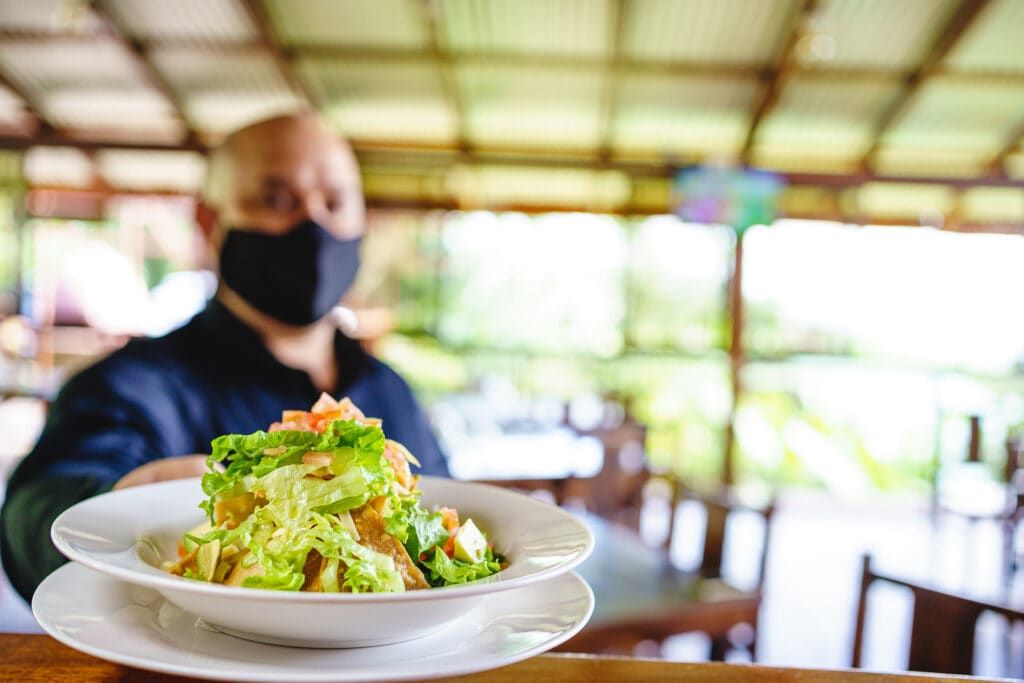NYC fruit vendor’s heartbreak exposed after banana artwork shock!

Shah Alam, a 74-year-old NYC fruit vendor, had no clue his humble 35-cent banana would become a multimillion-dollar art piece sold at Sotheby’s.
Banana artwork described.

This wasn’t just any sale—it was Italian artist Maurizio Cattelan’s conceptual masterpiece, “Comedian”, which sold for a staggering $6.2 million.

The now-famous banana, duct-taped to a wall, first debuted at Art Basel Miami Beach in 2019, sparking global debate on what truly qualifies as art.

The artwork’s value lies not in the banana itself but in a certificate allowing its owners to recreate it, showcasing the absurdity of modern art economics.
How a banana turned into a $6.2M phenomenon exposed.

Cattelan’s work satirizes the art world’s obsession with money and fame, with its value tied to its absurdity.
Amazon deals you won’t want to miss!

The sale saw a bidding war that began at $800,000, skyrocketing to $5.2 million, with $1 million added in fees.

Cryptocurrency mogul Justin Sun emerged as the buyer, calling the banana “a cultural bridge between art and memes.”

Since its 2019 debut, the duct-taped banana has been eaten, replaced, and debated, cementing its place in art history.

Sotheby’s positioned the banana near works by Monet and Picasso, further highlighting its provocative presence.
Support pours in for Alam.

Moved by Alam’s plight, billionaire buyer Justin Sun pledged to buy 100,000 bananas from him for global distribution.
“This highlights the extraordinary value hidden in everyday life,” Sun tweeted, announcing his plan to visit Alam’s fruit stand.
An anonymous New Yorker launched a GoFundMe campaign, aiming to raise $5,000 for Alam—and pledged to match it.
By Thanksgiving, the campaign had surpassed $8,600, with promises to personally deliver the funds to Alam.
Artist Cattelan, however, has remained distant from Alam’s struggles.
“Art does not solve problems—it reflects them,” he stated, expressing sympathy but offering no financial aid.
The piece has ignited heated discussions: is this art, or just an elaborate prank?
Sotheby’s David Galperin says the work forces viewers to question the value of art and its boundaries.
Alam’s humble journey detailed.
Alam, a Bangladeshi immigrant, works tirelessly at a fruit stand outside Sotheby’s for $12 an hour, often enduring long shifts in harsh weather.
Alam immigrated to the U.S. in 2007 after losing his wife, seeking proximity to his daughter on Long Island.
Once a civil servant in Dhaka, he now lives in a cramped Bronx basement with five others, paying $500 a month for his share.
Despite his financial hardships, Alam perseveres, selling fruits and bananas to support himself.
Fruit vendor’s reaction to artwork sale exposed.
When told his banana’s role in the viral art, Alam was shocked and teary-eyed, saying, “I am a poor man. I’ve never seen this kind of money.”
While Alam doesn’t grasp the deeper artistic implications of “Comedian”, he feels the joke came at his expense.
“Do they not know what a banana is?” he asked, bewildered by the extravagant sale.
What’s next for Alam?
Alam has returned to his fruit stand, now a local celebrity.
Sun’s pledge and the GoFundMe could dramatically improve his financial situation, turning a joke into a lifeline.

For Alam, the art world’s humor is his harsh reality, but he’s finding an outpouring of kindness amidst the chaos.

As one donor said, “Do we really want to shrug off the struggles of someone like Alam in favor of celebrating this extravagance?”

Whether it’s bananas or billionaires, Alam’s story has become a symbol of how the smallest moments can reflect deeper societal divides.

The saga of “Comedian” reminds us that, sometimes, the value of art lies not in its form but its ability to provoke thought—and action.

Could this viral fruit inspire change for Alam and others in his position? Only time will tell.

For now, Alam remains at his stand, where bananas might never look the same again.

Student Dies On First Date After Ordering Her Favorite Meal
by clairebrainjolt November 29, 2024
Student’s first date that ended in tragedy explained.

Alison Pickering, a vibrant 23-year-old college student, tragically died after a first date meal just days before her graduation.
Alison’s peanut allergy explained.

Alison’s peanut allergy had been a known part of her life since she was a toddler, her parents shared.

Her mother, Joy, recalled when a preschool snack triggered hives, leading to the discovery of her life-threatening allergy.

“She told me, ‘A friend gave me a chocolate Jif sandwich,’ and I knew right away,” Joy recounted.

From then on, Alison’s parents ensured she avoided anything that could contain peanuts.

“She was so careful. She wouldn’t even eat cookies unless I baked them,” Joy said.

Alison’s vigilance made her sudden death even more devastating to those who knew her.
Alison’s fatal meal explained.

Alison, who had a severe peanut allergy, had eaten at the restaurant before and confidently ordered a dish she trusted.

The dish, mahi-mahi, had been modified to include a peanut sauce—information the restaurant staff allegedly didn’t share.

After taking a few bites, Alison felt her throat tighten, recognizing the all-too-familiar signs of an allergic reaction.

She immediately used her EpiPen, a device she had carried for emergencies since childhood.

Despite her quick action, Alison’s condition worsened rapidly as she was rushed to the hospital.
She managed to walk to the ambulance, speaking with paramedics, but her condition deteriorated en route.
Alison was pronounced dead at the hospital, a devastating blow just days before her graduation from Tarleton State University in Texas.
“It’s tragic and doesn’t need to happen to anyone else,” her father, Grover Pickering, said through tears.
Alison’s death questioned.
On the night of her first date, Alison chose Newton’s Saddlerack, a restaurant she trusted and frequented.
The mahi-mahi dish she ordered had never caused her issues in the past, so she felt safe choosing it again.
However, the recipe had been recently updated to include peanut sauce—a change no one informed Alison about.
Alison’s parents’ accusations unveiled.
Her parents say this oversight is what caused Alison’s fatal reaction that night.
Her family claims the restaurant failed to disclose a critical ingredient change that ultimately cost Alison her life.
Joy and Grover are now campaigning for stricter allergy safety measures in restaurants.
“Disclosing known allergens like peanuts costs nothing but can save lives,” Joy wrote in an emotional Facebook post.
They believe restaurants should have allergen labels, much like those found on grocery store packaging.
Efforts to protect those with allergies exposed.
Texas has already passed the Sergio Lopez Food Allergy Awareness Act, requiring better training for kitchen staff.
The Pickerings are pushing for even stricter measures to protect customers like Alison.
Restaurant owner Mike Newton disputes the family’s claims that staff were unaware of the menu change.
Newton declined to provide details, citing pending litigation, but insisted his team follows strict safety guidelines.
The Pickerings’ hopes unveiled.

Meanwhile, the Pickerings hope their advocacy will prevent similar tragedies for other families.

“I know we’re going to save lives by sharing Alison’s story,” Joy said with determination.

They’ve partnered with the Texas Restaurant Association to advocate for clearer communication about allergens.

Alison’s death is a heart-wrenching reminder of the dangers allergy sufferers face in the restaurant industry.

As her family fights for change, they hope Alison’s story will leave a legacy of safety and awareness.


